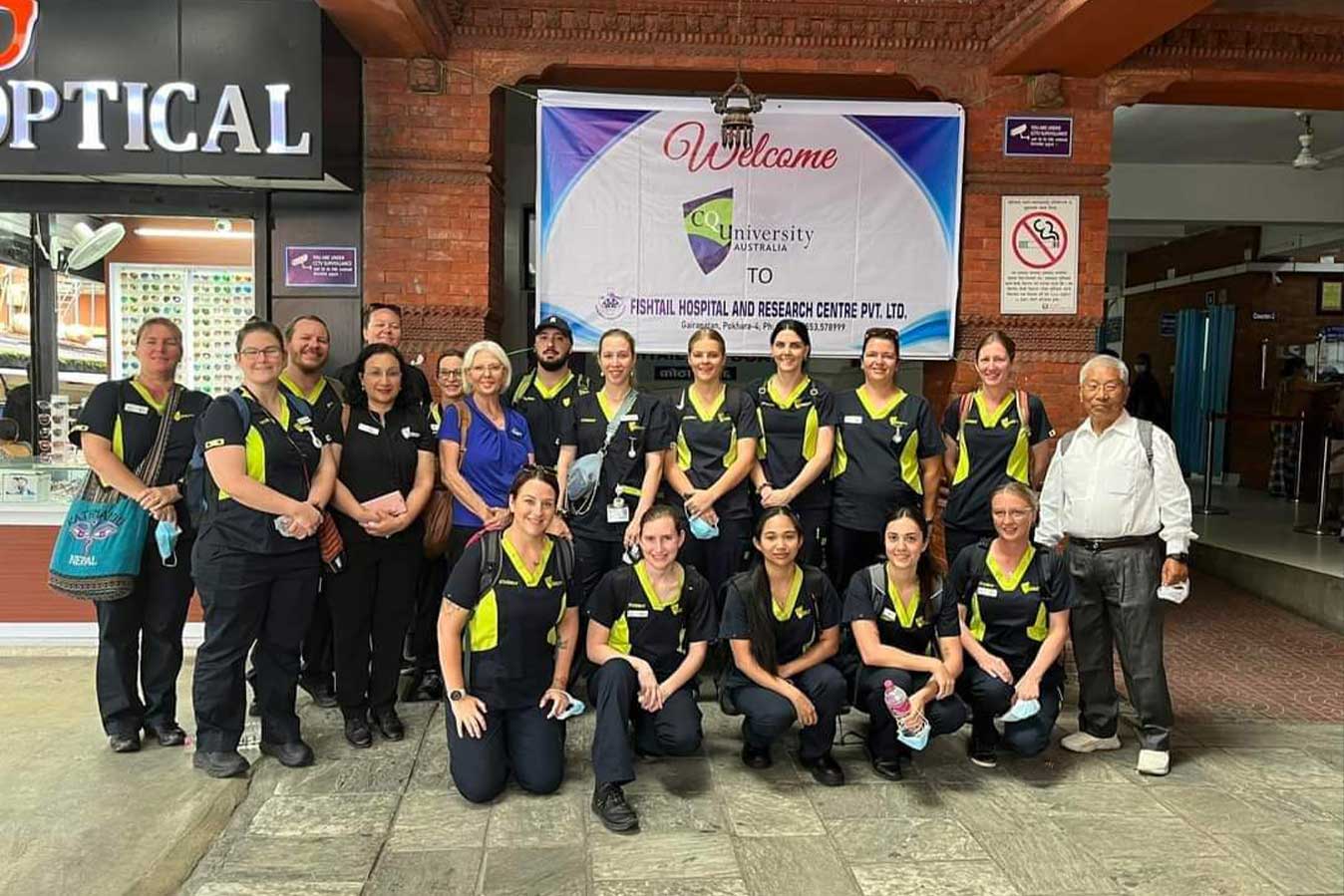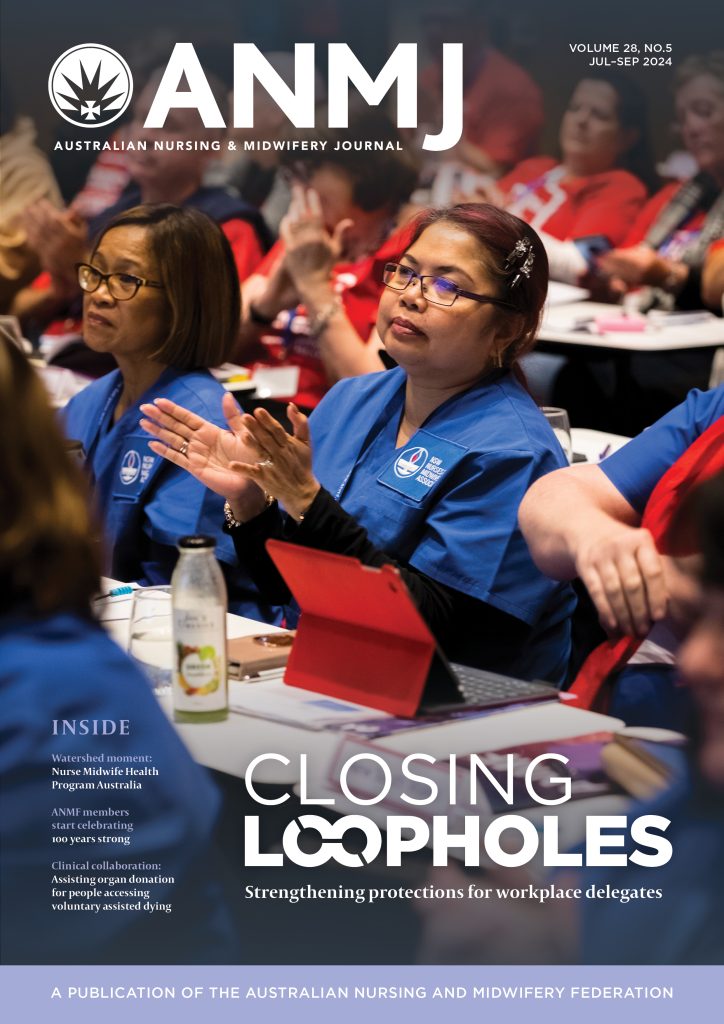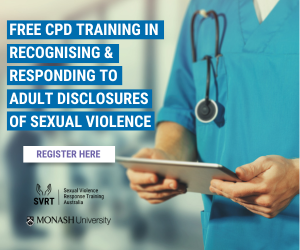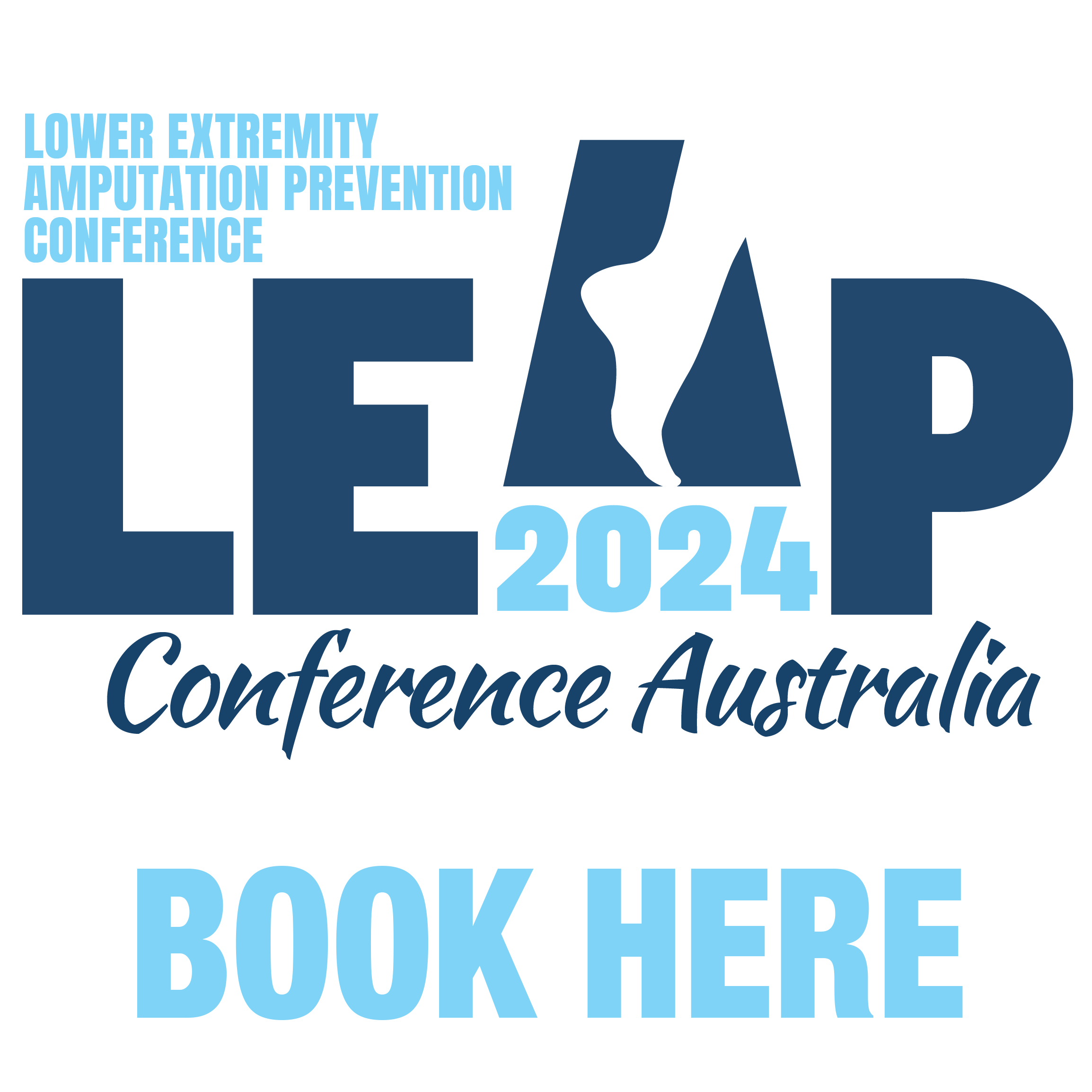Australian nursing students have immersed themselves in a rich cultural and educational experience in Nepal developing clinical skills while observing the challenges of providing healthcare in a developing country including poverty and limited resources.
Eighteen second-year CQUniversity (CQU) Bachelor of Nursing students and two lecturers travelled to Kathmandu and Pokhara through June and July as part of a CQU Global Outbound program.
“The students gained much from the experience, both educationally and culturally, and it provided a fantastic opportunity for them to accrue 80 clinical placement hours towards their course requirements,” said CQU Associate Lecturer in Nursing Trish Channell.
It was the first time a group of CQU nursing students had travelled to Nepal since the COVID pandemic halted international travel in 2020. The students were supported financially to embark on the tour with New Colombo Plan funding, CQU mobility scholarships and via their own fundraising efforts.
As part of the tour, the group spent almost three weeks providing health services at the local hospitals and health camps, while learning from Nepalese health professionals and in turn providing locals with insight into the Australian healthcare system.
For Nepal-born CQU nursing lecturer Dr Deepa Rijal, it was also a time to reconnect with her home country and share her local knowledge and insight with the nursing students, to compare the differences in health system, standards of practice and culture between the two nations.
“It was great to be back in Nepal and be able to share this country with my Australian students.
“It was both a positive but humbling experience for the students, especially because as a developing country, Nepal was affected by the pandemic due to the lack of public health awareness amongst people and limited health resources in the communities.” said Dr Rijal.
Students learned a vast array of clinical knowledge while in Nepal in a variety of health settings – health camps, three different hospitals (one in Pokhara and two in Kathmandu) and several schools.
“The students had the opportunity to participate in one of the mega health camps and were able to assess approximately 600 community members. They also attended a nutrition rehabilitation centre where malnourished children are assessed and treated.
While students attended weekly pre-departure briefings up until they left, for some the experience was still a “culture shock” witnessing firsthand health and social impacts of poverty.
“It gave them the opportunity to see how better equipped we are in Australia and the realisation of the challenges of providing as well as receiving healthcare in a third world country.”
“They were humbled that these people who had so little in terms of resources were so welcoming and appreciative of any amount of support provided to them”.
The students and staff gave back to the developing nation with donations of medical/surgical supplies which they had collected through fundraising activities before leaving Australia. This included 10 wheelchairs, non-perishable food items and one month’s supply of medication for a disability centre.
Other funds collected were distributed as scholarships to three nursing students from the Fishtail Nursing College and to establish a New Life Centre (transient home) by Nepal Youth Foundation under Malnutrition, Prevention and Treatment Program.
“The students were keen to learn and to help but they also gained an appreciation of the rich culture, tradition and heritage of Nepal which they embraced gracefully,” said Dr Rijal.
Nursing student Denise Haack said she gained a wealth of knowledge from the doctors, nurses and other health-related workers in Nepal.
“They gave us so much of their precious time, explaining everything they were doing and why they were doing it, especially at the health checks. It was amazing, and I am so grateful to them all and CQU for making it happen.”
The trip opened her eyes to the poverty experienced by many of the Nepalese, Ms Haack said.
“Lack of money was a contributing factor to people not seeking medical treatment in Nepal.
“If you don’t have it [money] in Nepal, then you don’t get treatment, and when you do have some, you go into the hospital for a very short time and buy your own medical supplies and bring it into the ward.
“I have travelled quite a lot around the world, and l studied about Nepal before l went, so it wasn’t a shock to me, but the poverty really stood out…it has also made me incredibly grateful for what l have in this privileged country.”
Dr Rijal said the students had gained a broadened perspective and developed a greater sense of empathy and compassion.
“Students had the opportunity to foster new skills, including an awareness of a different culture, gain tolerance, adapt to new environments, and an understanding of a healthcare system in a developing country such as Nepal, including different health policies and practices.
“It’s given them the ability to adapt and be more resilient in terms of patient care.”
Prior to the COVID-19 pandemic, CQUniversity Australia had been conducting study tours for nursing students to Nepal since 2008
The success of these study tours has since led the University to expand study opportunities in the country to students from other disciplines including social work, education and business.









